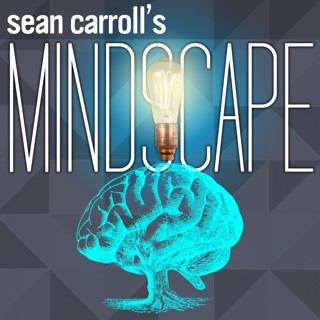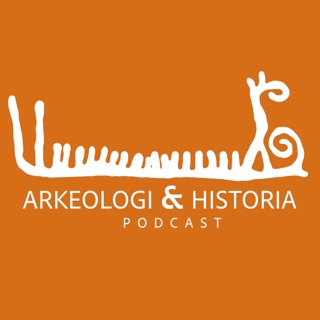
99 | Scott Aaronson on Complexity, Computation, and Quantum Gravity
There are some problems for which it's very hard to find the answer, but very easy to check the answer if someone gives it to you. At least, we think there are such problems; whether or not they reall...
1 Juni 20201h 52min

98 | Olga Khazan on Living and Flourishing While Being Weird
Each of us is different, in some way or another, from every other person. But some are more different than others — and the rest of the world never stops letting them know. Societies set up "norms" th...
25 Maj 20201h 1min

97 | John Danaher on Our Coming Automated Utopia
Humans build machines, in part, to relieve themselves from the burden of work on difficult, repetitive tasks. And yet, despite the fact that machines are everywhere, most of us are still working prett...
18 Maj 20201h 22min

96 | Lina Necib on What and Where the Dark Matter Is
The past few centuries of scientific progress have displaced humanity from the center of it all: the Earth is not at the middle of the Solar System, the Sun is but one star in a large galaxy, there ar...
11 Maj 20201h 21min

95 | Liam Kofi Bright on Knowledge, Truth, and Science
Everybody talks about the truth, but nobody does anything about it. And to be honest, how we talk about truth — what it is, and how to get there — can be a little sloppy at times. Philosophy to the re...
4 Maj 20201h 35min

94 | Stuart Russell on Making Artificial Intelligence Compatible with Humans
Artificial intelligence has made great strides of late, in areas as diverse as playing Go and recognizing pictures of dogs. We still seem to be a ways away from AI that is "intelligent" in the human s...
27 Apr 20201h 27min

93 | Rae Wynn-Grant on Bears, Humans, and Other Predators
Human beings have a strange fascination with dangerous, predatory animals — bears, lions, wolves, sharks, and more. The top of the food chain is an interesting and precarious place to live; while you ...
20 Apr 20201h 2min

92 | Kevin Hand on Life Elsewhere in the Solar System
It's hard doing science when you only have one data point, especially when that data point is subject to an enormous selection bias. That's the situation faced by people studying the nature and preval...
13 Apr 20201h 56min





















